
A place for stories about chronic illness, disability, mental health, and neurodivergence.
Essays
-
 By Harry Smith
By Harry SmithIn his essay, Harry Smith discusses his disabilities, the pressure he feels to live up to societal expectations, and the affect popular portrayals of disability have in the real world.
-
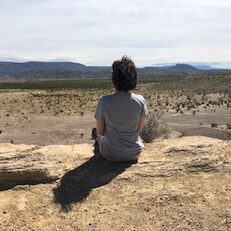 By C. Taylor
By C. TaylorIn this essay for Knee Brace Press, C. Taylor discusses the dueling sensations of taking and missing her pills.
-
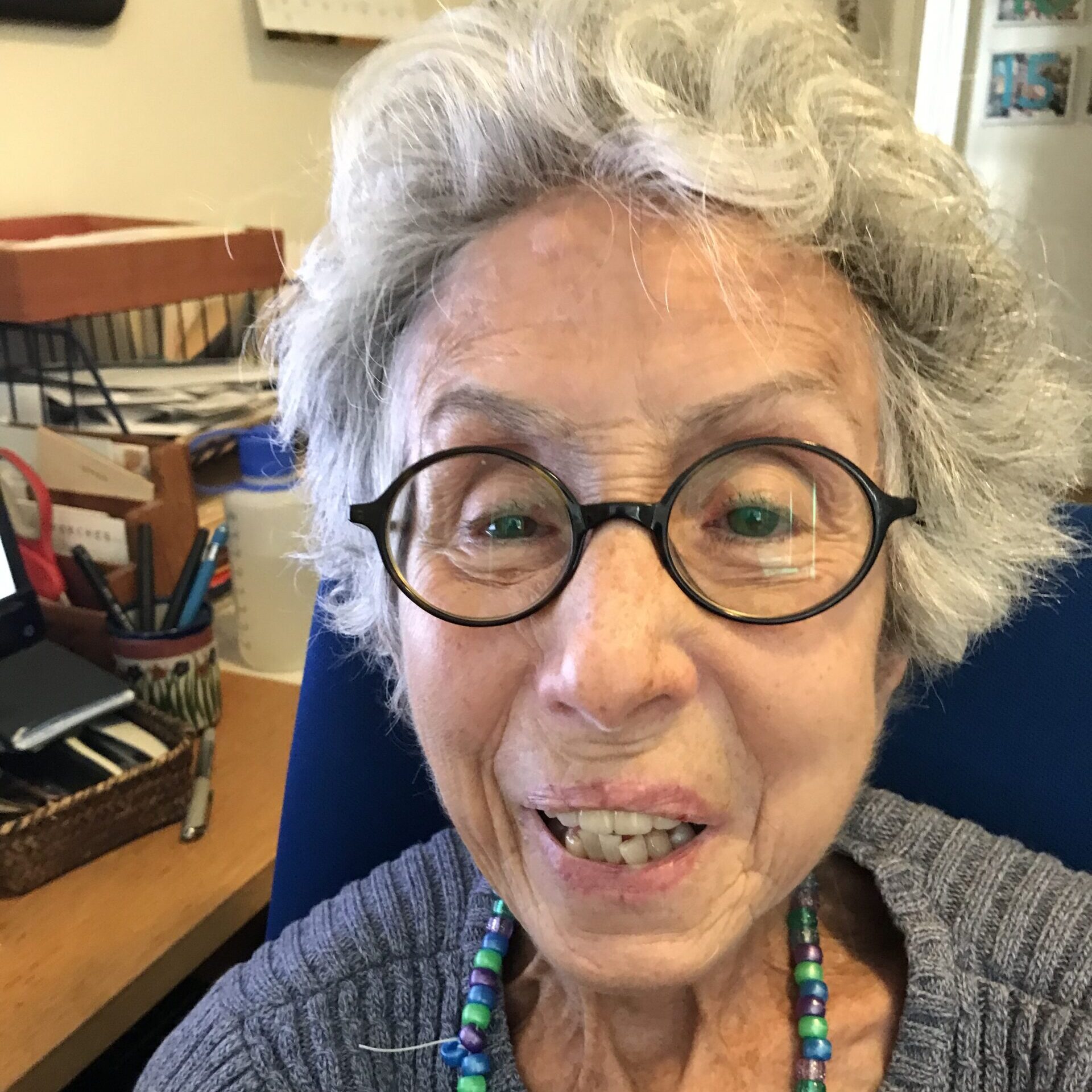 By Susan Blank
By Susan BlankEssayist Susan Blank writes about life as a wheelchair user, getting older, and what it all means in the context of womanhood.
-
 By Ashley Sheesley
By Ashley SheesleyAshley Sheesley, a disabled author and scientist, writes on the cost of disability and the struggles that come with it, even when you’re “lucky.”
-
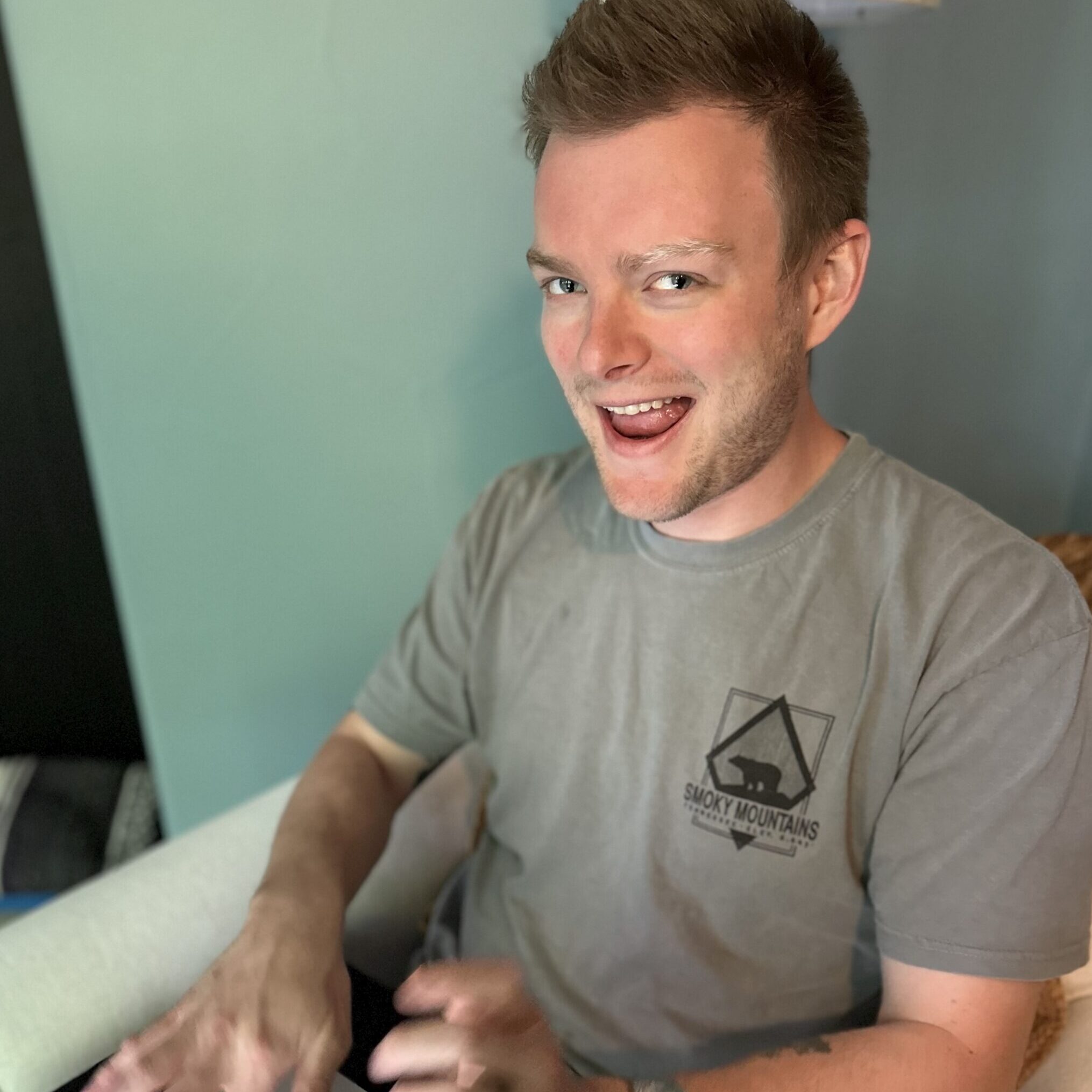 By Brenton Fisher
By Brenton FisherWhen he was a kid, Brenton Fisher’s response to, “Why do your eyes look like that?” became, “Because I have X-ray vision.”
-
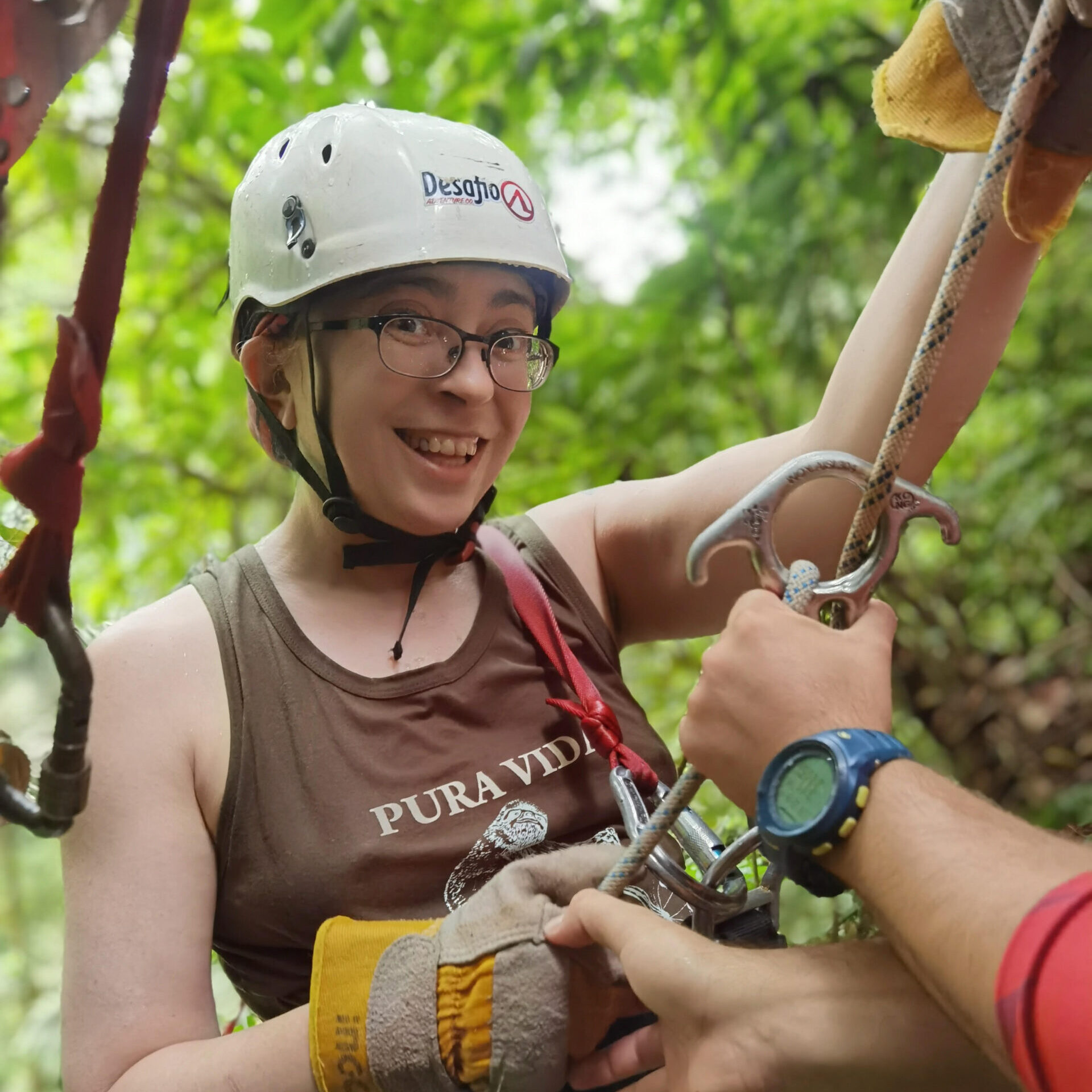 By Shantell Powell
By Shantell Powell“I feel faint. Even a common cold leaves me sick for months and sometimes lands me in the emergency room. I have been assiduously masking since the beginning of the pandemic and so far, to the best of my knowledge, have avoided catching COVID. I will not be able to wear my mask for the…
-
 By Viktor Bruso
By Viktor BrusoIt’s the apocalypse! But will disabled survivors be left behind? This is a question Viktor Bruso explores in xir essay, We Didn’t Choose You.
-
 By Lev Raphael
By Lev RaphaelIn his first essay for Knee Brace Press, Lev Raphael writes about the connections he shares with his late mother, including her coffee habits, her love of languages, and her arthritis.
-
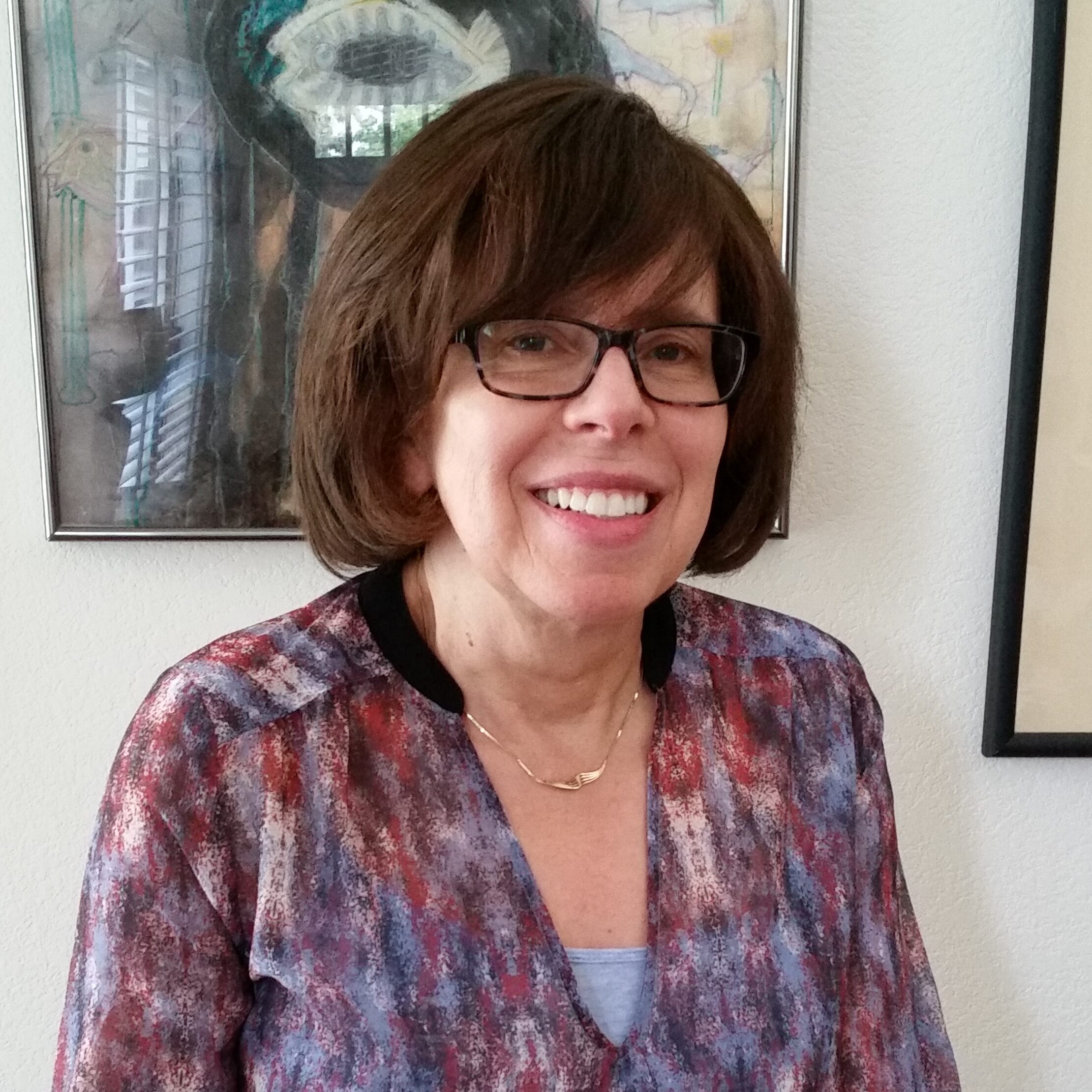 By Emily Dwass
By Emily DwassJournalist and author Emily Dwass shares an excerpt from her book, Diagnosis Female: How Medical Bias Endangers Women’s Health.
-
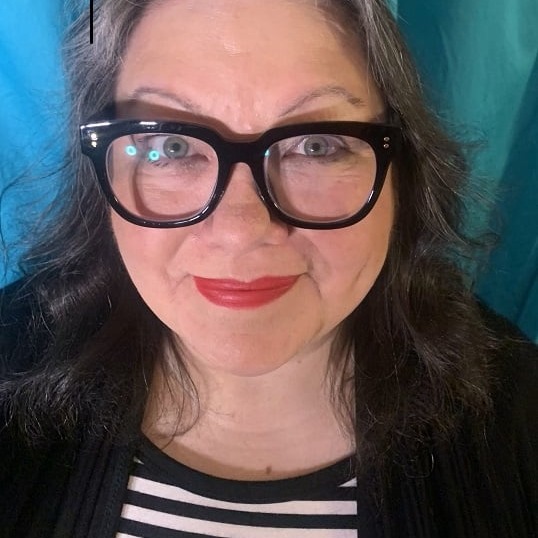 By Allison Stalberg Siebens
By Allison Stalberg SiebensIn her book of essays, Bury My Heart At Chuck E. Cheese’s, author Tiffany Midge uses humor as an act of resistance and reclamation. While humor categories in traditional publishing are dominated by white authors, it’s high time Midge take her place as one of the funniest names in satire.